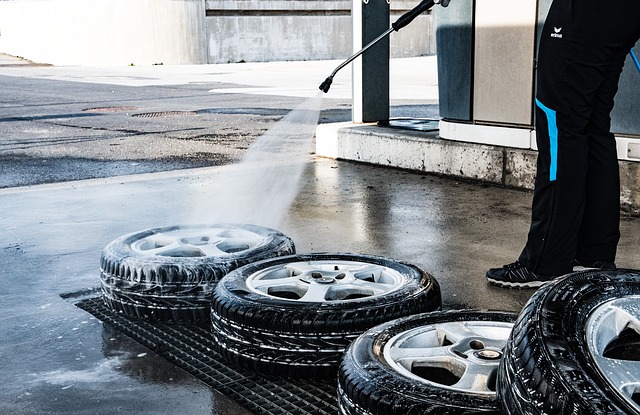As a homeowner, there are a few things you just cannot live without- water is one of them. Access to clean water is vital in any home, but it’s equally crucial to maintain healthy water pressure levels. Water pressure is a measurement of the force of water flow running through your plumbing system. This can ensure that your everyday water usage is suitable for your needs such as showering, washing dishes, or just getting a glass of clean water from your faucet. Unfortunately, the water pressure in a house can be an issue that many homeowners struggle with. In this blog, we will discuss everything you need to know about water pressure, its effects, and how to maintain it.
Effects Of Low Water Pressure
Low water pressure, most often experienced in a home, can be caused by several factors such as a blockage in a pipe or minuscule cracks or leaks in your water supply line. If left unattended, low water pressure can give rise to various problems, including:
1. Slow-water output: Poor water pressure can cause your faucets and showerheads to take longer than usual to dispense water, which can be frustrating and time-consuming.
2. Poor appliance performance: Low water pressure can affect the performance of your dishwasher, washing machine, and other water-dependent appliances,
3. Irritating showers: Low water pressure causes a weak, low-flow shower that fails to rinse away all the soap from your hair and body. This can lead to skin irritation and leave you feeling unclean.
4. Damage to your plumbing: Low water pressure may cause sediments or build-up in your pipes that can lead to leaks and burst pipes. This can lead to expensive repairs if left untreated.
Measuring Water Pressure
The most common unit when measuring water pressure is PSI, which stands for “pounds per square inch.” It measures the force of water that flows through your pipes. In general, the ideal water pressure should be between 40-60 psi. Any reading above or below the recommended measure may indicate a problem in your plumbing system. A local plumber like Plumber Carlsbad can provide professional inspection and testing services for your water pressure.
Maintaining Your Water Pressure
Luckily, there are a few ways to maintain your water pressure and ensure that it remains consistent throughout your home.
1. Check for leaks: A leak can drain water from your plumbing system which can lead to low water pressure. Regularly checking for leaks can help you determine if there are any hidden problems.
2. Clean your showerhead: A clogged showerhead can lead to low water pressure. It’s essential to clean your showerhead in a vinegar solution to remove any mineral deposits and ensure the water flow is not obstructed.
3. Replace fixtures: Fixtures such as showerheads, faucets, and other hardware can affect your water pressure. Replacing old and worn-out fixtures can help you achieve better water pressure.
4. Install a water pressure regulator: A pressure regulator can help control the amount of water flowing through your plumbing system, ensuring your water pressure stays consistent, regardless of any changes in the water supply.
In conclusion, maintaining adequate water pressure in your home is the key to a smooth and stress-free daily routine. It’s essential to address any issues that can lead to low water pressure proactively. Trusting a local plumber like Plumber Carlsbad to provide inspection, maintenance, and repair services can be a great step towards ensuring your home’s plumbing system is in top shape. Get in touch today to schedule a consultation with us!

